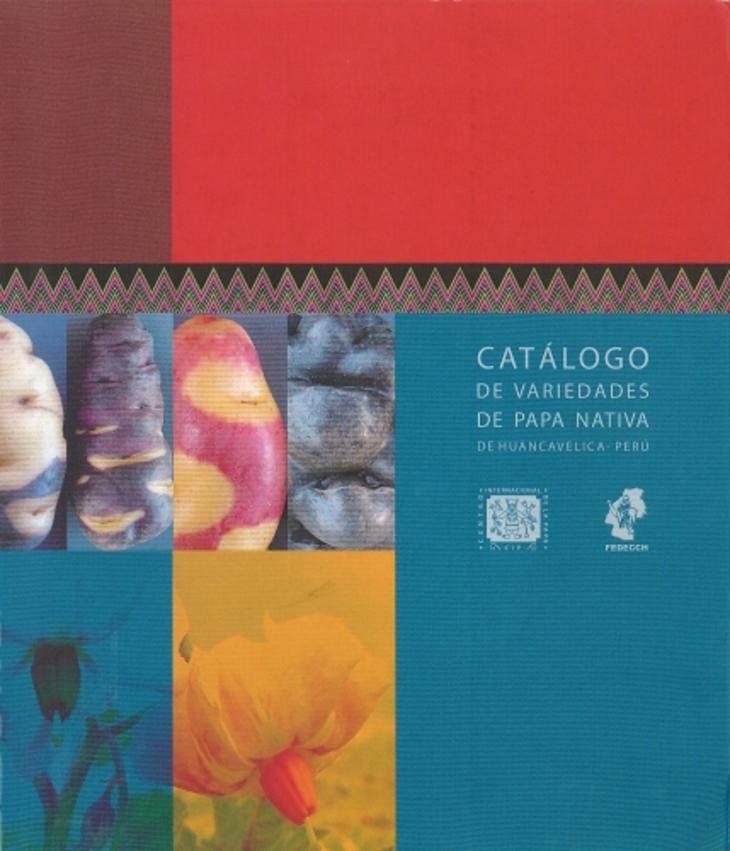
Option 4A
Recognize, collect and document traditional knowledge on PGRFA, including knowledge relating to cultivation and use.
Traditional knowledge on PGRFA, their cultivation and use, may be documented through Community Biodiversity Registers, inventories, catalogues and databases, including for example general germplasm catalogues or specialised databases focusing on farmer varieties or landraces only.
Format, structure and content of such knowledge collections may depend on the anticipated user group(s); for example, variety catalogues that are intended to be used by farmers could rely on descriptors farmers commonly use. Besides documenting knowledge relating to specific PGRFA, such as crop varieties, collections may also extent to broader cultural concepts, in which such knowledge may be embedded, including general worldviews or classification systems.
Traditional knowledge on PGRFA held by women and men may differ, depending on the crops and varieties they grow and the activities they engage in. It may thus be useful to carefully consider how this type of knowledge can be recognized, collected and documented in a way that takes such differences into account.
Collections of traditional knowledge may be recognized by local governments or deposited with national institutions as a public record of the knowledge held by local farmers and/or farming communities. Consent procedures may need to be followed in accordance with national law, international commitments and/or good practices, including in cases where established rights of Indigenous Peoples and communities are concerned.
Example(s) of possible measures:
- Catalogue of traditional varieties for common and Lima beans, maize, chilies and peppers (Cuba/Latin America and the Caribbean). Click here
- Construction of a database for farmer varieties/landraces in Japan (Japan/Asia). Click here
- Community Biodiversity Register (Nepal/Asia). Click here
- Spanish Inventory of traditional knowledge related to agricultural biodiversity (Spain/Europe). Click here